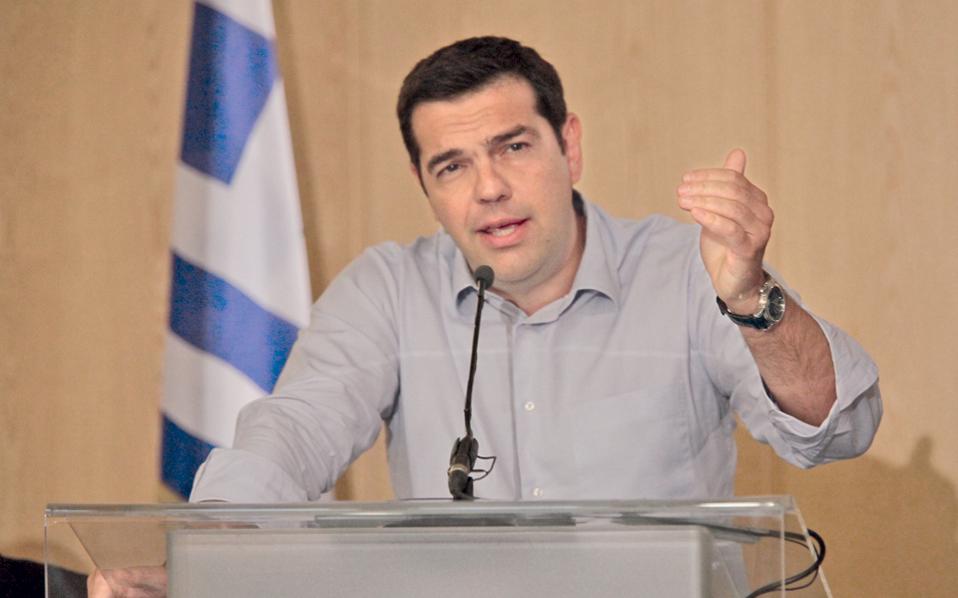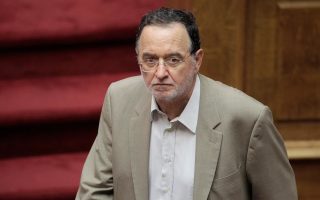Tsipras yet to decide on early Greek elections, says minister

Greek Prime Minister Alexis Tsipras has yet to make up his mind on calling early elections, a government minister said on Wednesday, following a rift in the ruling party over the country's new bailout deal.
Ministers have spoken openly about the possibility of a parliamentary confidence vote leading to elections since Tsipras had to rely on opposition lawmakers to win approval on Friday for the 86 billion euro bailout deal.
But Deputy Culture Minister Nikos Xydakis played down speculation that Tsipras could move soon after Greece makes a 3.2 billion euro debt repayment to the European Central Bank on Thursday, using funds to be released under the bailout programme.
Xydakis pinned the timing on the first review of progress under the new bailout, which Greece's creditors will conduct in October. "There are two views in order to have a strengthened government – elections either before or after the first bailout review. It is a decision the prime minister will make," he told the state TV channel ERT.
Greece has already been bailed out twice since 2010 by the euro zone and International Monetary Fund. Tsipras secured the third programme by making commitments to impose reform and austerity policies that are so onerous that a sizeable number of lawmakers from his radical left Syriza party rejected the deal in parliament.
Some are now threatening to walk out of the party. This has led to opposition accusations that Tsipras, who remains popular despite his U-turn on resisting austerity, wants elections simply to deal with his own internal rebellion.
Xydakis said this should not be so. "What is most important at this phase is that the government serve the interests of the Greek people and not those of the party," he said. "Tsipras is the prime minister of 11 million Greeks, not of 30,000 members of the Syriza party."
Asked what would be the message if the government opted for early elections, he said: "Hope is coming," using Syriza's campaign slogan when it was elected in January.
The bailout programme faces one of its final hurdles on Wednesday when parliament in Germany – the biggest contributor to the bailouts – votes on it. They are expected to approve it overwhelmingly, but Chancellor Angela Merkel faces a rebellion in her own conservative party from lawmakers who oppose pouring yet more billions into Greece.
Greece came close to financial collapse before Tsipras negotiated the deal, forcing him to close the banks for three weeks and impose capital controls on money leaving the banking system which have since been eased slightly, but not removed.
The pressure is ebbing a little. The ECB cut emergency liquidity assistance for Greek banks on Tuesday, in line with a request from Athens, several sources said. This was a positive sign that lenders are stabilising their operations and building cash reserves.
Also on Tuesday, ratings agency Fitch upgraded its credit rating for Greece by one notch, saying the latest bailout programme reduced the chance of default.
It raised Greece's long-term rating to 'CCC' from 'CC', saying the Aug. 14 deal "reduced the risk of Greece defaulting on its private sector debt obligations" but added that risks to the programme's success "remain high".
[Reuters]





